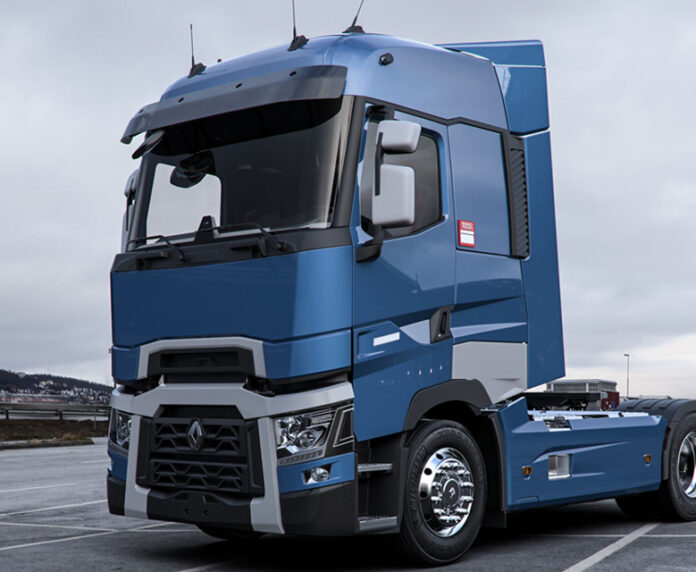In the intricate choreography of global trade, freight companies take center stage as the conductors of efficient, reliable, and seamless cargo movement. These logistical maestros are the driving force behind the movement of goods across borders, oceans, and continents. This article delves into the integral role of freight companies in shaping the modern landscape of commerce and connectivity.
Architects of Supply Chains:
Freight companies are the architects of supply chains, designing intricate pathways that link manufacturers, suppliers, retailers, and consumers. Their expertise ensures that products move seamlessly from production to consumption, navigating the complexities of international regulations, transportation modes, and customs procedures.
Efficiency Through Coordination:
At the heart of freight companies’ operations lies an impeccable coordination of resources, routes, and schedules. Whether by road, rail, sea, or air, these companies orchestrate the movement of goods to minimize transit times, reduce costs, and maximize efficiency. Their ability to synchronize these elements is a critical driver of modern commerce.
Global Connectivity:
In a world where business knows no borders, freight companies serve as the conduits of global connectivity. They bridge the geographical gaps between nations, enabling the exchange of goods on an international scale. These companies navigate diverse cultures, languages, and regulatory frameworks, transforming businesses into global players.
Industry Specialization:
Many freight companies specialize in catering to specific industries, understanding the unique demands and nuances of each sector. Whether it’s pharmaceuticals, automotive, fashion, or electronics, these specialists offer tailored solutions that address industry-specific requirements, ensuring that goods are transported with the utmost care and precision.
Technology as a Catalyst:
Freight companies harness the power of technology to revolutionize logistics. Real-time tracking systems, advanced data analytics, and digital platforms provide transparency and visibility into the movement of shipments. This technology not only enhances communication but also empowers businesses to make informed decisions based on accurate and up-to-date information.
Risk Management and Adaptability:
In an ever-changing world, freight companies exhibit remarkable adaptability. They navigate through unforeseen disruptions such as natural disasters, geopolitical shifts, and global health crises. Their ability to quickly devise contingency plans and ensure business continuity showcases their resilience and expertise.
Economic Enablers:
Freight companies are essential contributors to economic growth. They facilitate trade, generate employment, and stimulate local economies. The seamless movement of goods they ensure contributes to the expansion of markets, the emergence of new business opportunities, and the overall development of industries.
Conclusion:
Freight companies stand as the linchpins of global trade, shaping the world of commerce through their logistical prowess. Their commitment to efficiency, innovation, and customer satisfaction drives industries forward, connecting businesses to new markets and opportunities. As the global marketplace continues to evolve, these companies will remain integral to the advancement of international trade, underpinning the exchange of goods that sustains economies and transforms societies.








